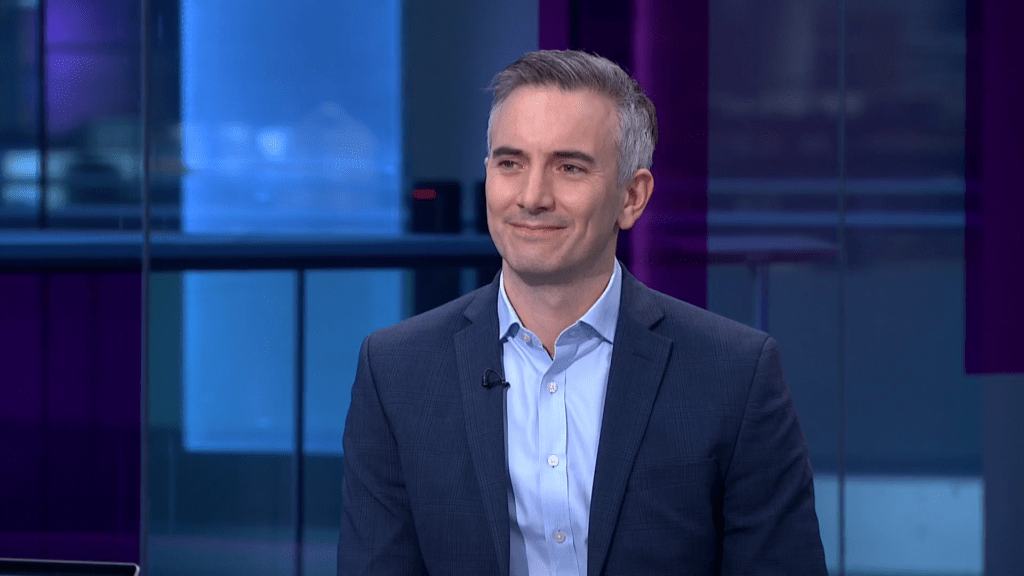Labour is intensifying its offensive act against Nigel Farage’s Reform UK, focusing on its stance on Russia as public sentiment remains firmly pro-Ukraine and opposed to Vladimir Putin.
With opinion polls showing Reform tying or even surpassing Labour and the Conservatives, the party’s position on Ukraine has become a key point of attack.
A senior cabinet source revealed that Labour is planning to “take the fight” to Reform on critical issues such as the Ukraine war and the National Health Service (NHS). The move follows growing concerns over Reform’s perceived “softness on standing up to Putin.“
Since the election, major parties have been strategizing on how to curb the momentum behind Farage’s political insurgency. Labour and the Scottish National Party (SNP) have sharpened their criticism of Reform, particularly in response to Farage’s previous comments on Russia. His assertion last year that the war in Ukraine was provoked, along with his 2014 statement that Putin was the world leader he most admired, has become ammunition for his political opponents.
Keir Starmer recently accused Farage of “fawning over Putin,” making an uncharacteristically direct attack. Similarly, Stephen Flynn, the SNP’s Westminster leader, labeled Reform MPs as “Putin’s poodles” after they failed to attend major parliamentary debates on defence and security. In response, Farage dismissed the remarks, stating that the prime minister appeared “terribly upset” and “scared” of his influence.
Meanwhile, John Swinney, leader of the SNP, went a step further, describing Farage as an “accomplice to the Russian agenda and an apologist for the Russian agenda.“
Public Opinion Favors Ukraine
With national security at the forefront of political discussions, polling indicates that the UK public overwhelmingly supports Ukraine and opposes Russia. This stance remains steadfast despite U.S. President Donald Trump’s efforts to negotiate a resolution with Putin and his criticisms of President Volodymyr Zelenskyy.
“One of the things that we know is that Reform is out of step with the public on Ukraine and Russia. Seven out of ten Brits say it is important to the UK that Ukraine wins the war. Similarly, Reform’s rise looked unstoppable in the election until Farage made his comments about Putin and Ukraine.”
Luke Tryl

Despite a slight dip in recent polling, Tryl suggested that public uncertainty about global events may be influencing voter sentiment rather than specific concerns over Reform’s position on Russia.
Even within Reform, some insiders acknowledge that Russia is a weak spot for the party in terms of public alignment. One party source described it as a “chink in the armour.” The source further noted that Reform might have performed better in the last election had Farage not suggested that “the ever-eastward expansion of NATO and the European Union” provided Putin with justification for war.
Farage’s stance on Russia has evolved in recent years, becoming more critical. However, he remains less confrontational than many of his political rivals.
During his tenure as an MEP for UKIP and later the Brexit Party, Farage made 17 appearances on the Russian state-funded broadcaster RT between 2010 and 2014. His parties also aligned with hard-right factions in the European Parliament to oppose EU motions condemning Russia.
Over the past year, Farage has acknowledged that “of course” Putin is responsible for the war in Ukraine. He has also rejected Trump’s characterization of Zelenskyy as a dictator but maintains that Ukraine should move toward democratic elections. Throughout, he has consistently advocated for a negotiated settlement to the war.
Meanwhile, Andy Burnham, mayor of Greater Manchester, suggested that the next general election could evolve into a direct contest between Labour and Reform in northern constituencies.
He warned that Reform poses a significant threat in upcoming by-elections, particularly in Mike Amesbury’s Runcorn and Helsby seat. Burnham attributed this shift to the “meteoric growth” of Reform, arguing that the UK political landscape is transforming rapidly.
READ ALSO: The War Against Corruption: A Battle for Ghana’s Soul























